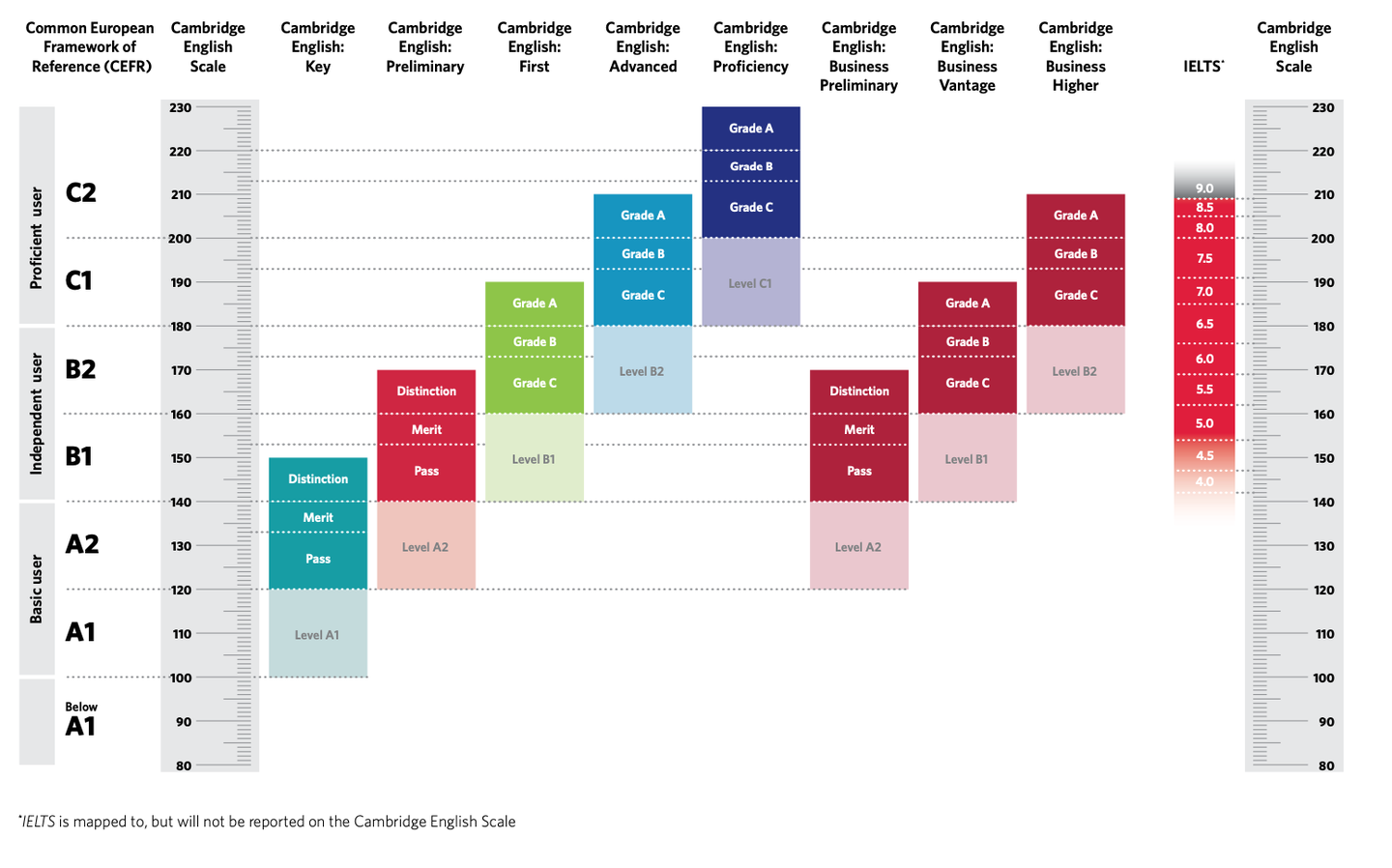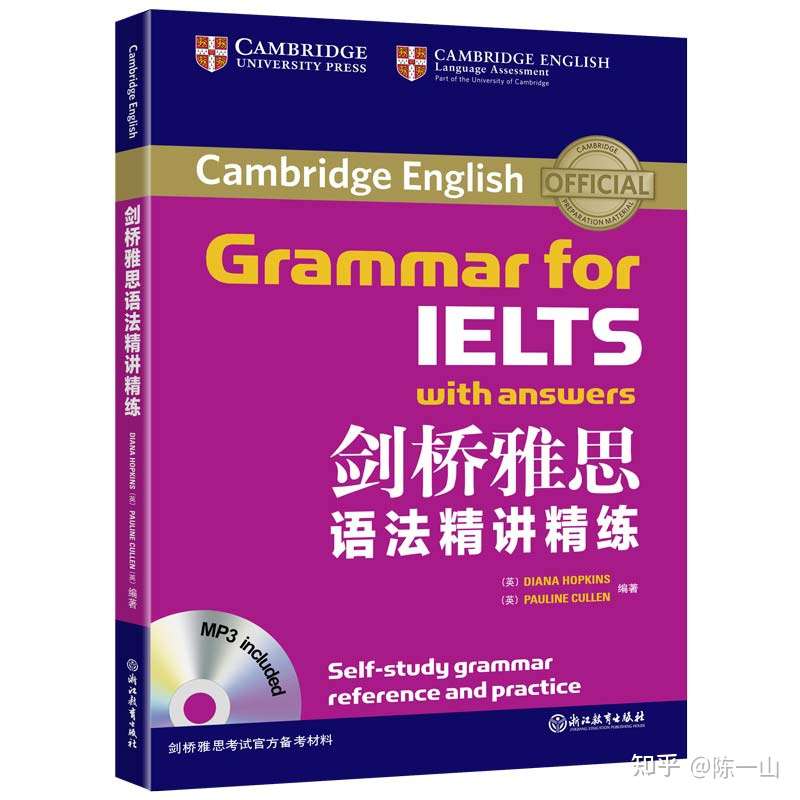A student who is doing live streaming asked: "I graduated from college one year ago and got 430 in the CET-4 test. I got 121 (150) in the college entrance examination. I have been preparing for the test for more than half a month. I want to know if I can get 6 points in July without any sub-score requirements. I have to study full-time for about 8 to 10 hours a day."
If you want to manage your time yourself and avoid pitfalls, the following analysis will help you understand how much time it will take to achieve your desired IELTS score from three aspects: difficulty, foundation and ability.
How difficult is 6 points?
IELTS is a comprehensive test that tests everyone from beginners to native speakers, so what level does a score of 6 indicate?
According to the official IELTS requirements, 6 points is not difficult:
- For academic reading and listening, if you get 23-26 correct answers out of 40 questions, you will get 6 points.
- The requirement for a 6-point score for academic essays is that errors do not affect the understanding of the article and the essay can basically answer the question requirements.
- The oral requirement is: willingness to speak.
So many people can definitely pass it if they work hard. It depends on how much time and effort you put in.
Quantitatively speaking, it is basically equivalent to 550 in College English Test Band 6, or according to the following European standard, it is equivalent to around 70% in an international school high school (B2).

Language Basics
There are three main parts to language learning foundation: academic vocabulary, sentence construction (grammar), and text logicGenerally speaking, except for academic vocabulary, the other two have been taught in ordinary high schools. Maybe there is no systematic sorting, and many people's cognition will be confused. But most of the time needs to be spent on learning academic vocabulary.
Academic Vocabulary
This is the focus of IELTS, that is, the vocabulary that is used in academic discussions at universities regardless of the subject. You can search for "academic vocabulary list" here to find many resources.
I recommend two methods of memorization. One is the context.Learning while reading an article allows you to learn word form, pronunciation, usage, and context at the same time. This is a more natural way of learning, but it takes a long time..
So if you need to learn a lot of words in a short period of time for exam preparation, you should use a vocabulary list. However, most vocabulary lists only have the shape of the characters and the Chinese meaning, which is relatively small. The vocabulary book is abandoned at the beginning, so how can you memorize it?

So you can use other methods to remember, such asWord memorization app 100words, or a word book with exercises, such as "Merriam-Webster's Vocabulary Builder" and "Check your IELTS vocabulary". These materials have a variety of stimulation methods and contexts to help the brain form memory.Relatively speaking, the app can help you automatically arrange the review of the forgotten words according to the law of the memory curve, while the book requires you to track it yourself, which is more complicated..
To find out which of these methods is more effective, you can try them yourself for 1-2 weeks and observe the effect on your memory.
Sentence construction (grammar)
Grammar is actually the method of stringing words together into sentences. I couldn't remember a lot of grammar before, actually because I didn't see the grammar teaching outline. You can refer to "IELTS Grammar Sutra" to understand it clearly.How do you write a correct sentence and what are the functions of these different grammatical elements in the sentence.

Article Logic
This can be learned in conjunction with Chinese language, mainly focusing on the understanding of logical conjunctions and paragraph levels. Many people say that IELTS only has detail questions, which is actually a misunderstanding. IELTS also examines the author's intention and article logic, but it is relatively simpler than TOEFL and GMAT, which are abnormal American exams.
So if the goal is above 7, the logic of the article is a critical watershed. Otherwise, what should you do when you encounter questions such as paragraph summary and multiple-choice questions that are distributed throughout the entire text?
Academic communication skills (exam skills)
If you get to 6, the key skills are synonymous paraphrasing, listening notes, and scanning notes. Of course, if you want to get higher than 6, such as 7 or above, there are several other important watershed skills, such as thesis structure, argument structure, formal language, self-review, etc.
Synonymous paraphrase ability
The most core ability, no doubt about it.
Lack of ability
- Only one synonym is known to describe a meaning
- Only one sentence pattern can be used to describe one meaning.
- When quoting someone else's work, copy
- A word is repeated multiple times in the article
- Often use general words such as good, bad and thing
Remedies
- Don't know the words and can't remember their synonyms? When memorizing vocabulary, pay more attention to academic vocabulary rather than daily vocabulary or professional vocabulary. When memorizing, use the reverse word formation method to memorize related words together to save time and effort; you can also use thematic vocabulary memorization to strengthen the association and proficiency between related words. I recommend "Check Your IELTS Vocabulary".
- Don't know how to use other sentence patterns to paraphrase? Be familiar with grammar, and commonly used ones include active-passive sentences, participle adverbials, adverbial clause structures, emphatic sentences, etc. I recommend "IELTS Grammar Bible".
- Do you always use simple repetitive words? Read more excellent examples, such as IELTS reading, published academic articles, or newspapers, and pay attention to the different words they use to describe the same thing. You can record them in groups and save them, and then use them in your own writing practice.
Scan your notes
Lack of ability
- I don’t have a clear goal before reading the article, and I don’t know why I should read this article.
- When reading articles, read word by word at a slow speed
- I often find that I can’t grasp the details in the text, such as: specific location, event time, name of the person, etc., and I don’t take or don’t have many notes.
- I have no idea about the details of the article described by others
- Afraid of reading long articles, such as academic papers

Remedies
- Reading articles without a goal? Adjust the steps of reading articles. First think clearly about the data and information you need to find, then associate possible keywords, then enter the article to scan keywords, and after finding the keywords, analyze the information in the sentences and paragraphs.
- Slow reader? Practice skimming, limit your skimming time, and scan the article based on the 5W structure (Who, when, where, how, why) to find as many details as possible in a limited time.
- Don't know the words? When memorizing words, pay more attention to academic words rather than daily or professional words. When memorizing, put related words together by using the reverse word formation method to save time and effort. For details, you can refer to word formation and English standard pronunciation.
- Do you forget the specific details after browsing? Practice scanning notes. When scanning, mark the important ones according to the 5W structure. On the other hand, when you see transition words and parallel words, circle these keywords, which are often followed by important structural information.
Listening Notes
Lack of ability
- Can't take notes while listening
- Often misses the details of speech
- Unable to retell from notes
- Remember whatever you hear, without any logical connection or emotional judgment
- Easy to miss the voice

Remedies
- Don't understand? Refer to the phonetic part of vocabulary memory to memorize. For vocabulary that you can understand but not hear, you can use the app to listen to its pronunciation in example sentences.
- Can't take notes while listening? To practice listening and taking notes, you can directly use the IELTS listening audio with the transcript. The number of words you can record is limited. After recording, repeat it to practice multitasking and selecting keywords.
- Is it difficult to organize the logical relationship of the speech content and unable to judge the speaker's emotional tone? Refer to the practice of intensive listening notes. You can choose the multiple-choice questions of IELTS speech. In addition, organize the keywords into a logical relationship diagram and explain the emotional tone when retelling.
- Not used to the subtle accent differences? Identify whether you are more familiar with American and British (similar to Canadian accents) or Commonwealth English (British, Australian, New Zealand, etc.). If you are familiar with American and British, you can practice more with IELTS listening materials, most of which are accent-free or British-English accents, such as a slight Scottish accent; if you are familiar with Commonwealth English, you can use TOEFL listening or American TV series to familiarize yourself with them. IELTS listening is almost accent-free English. Many people are not familiar with this accent because they usually watch more American and British media, so they may need simple familiarization.